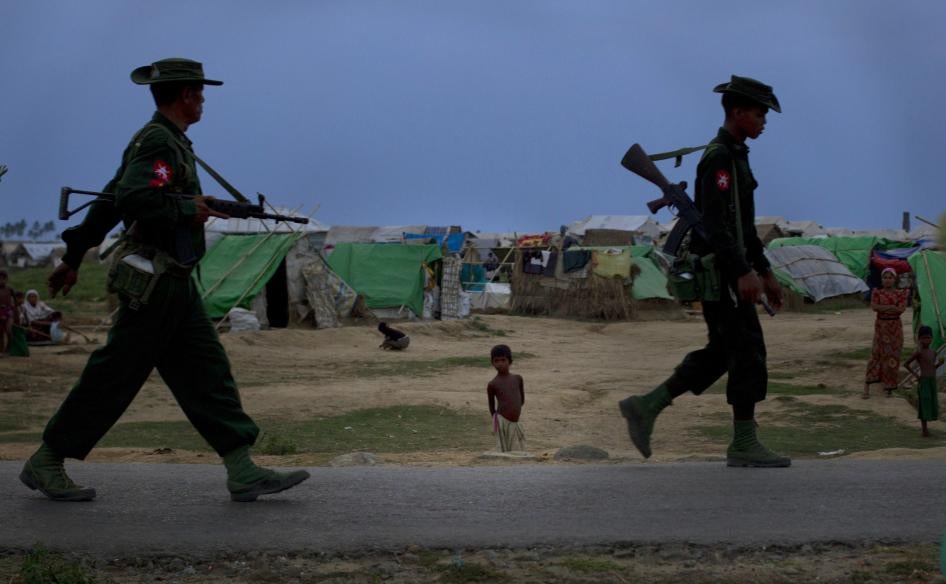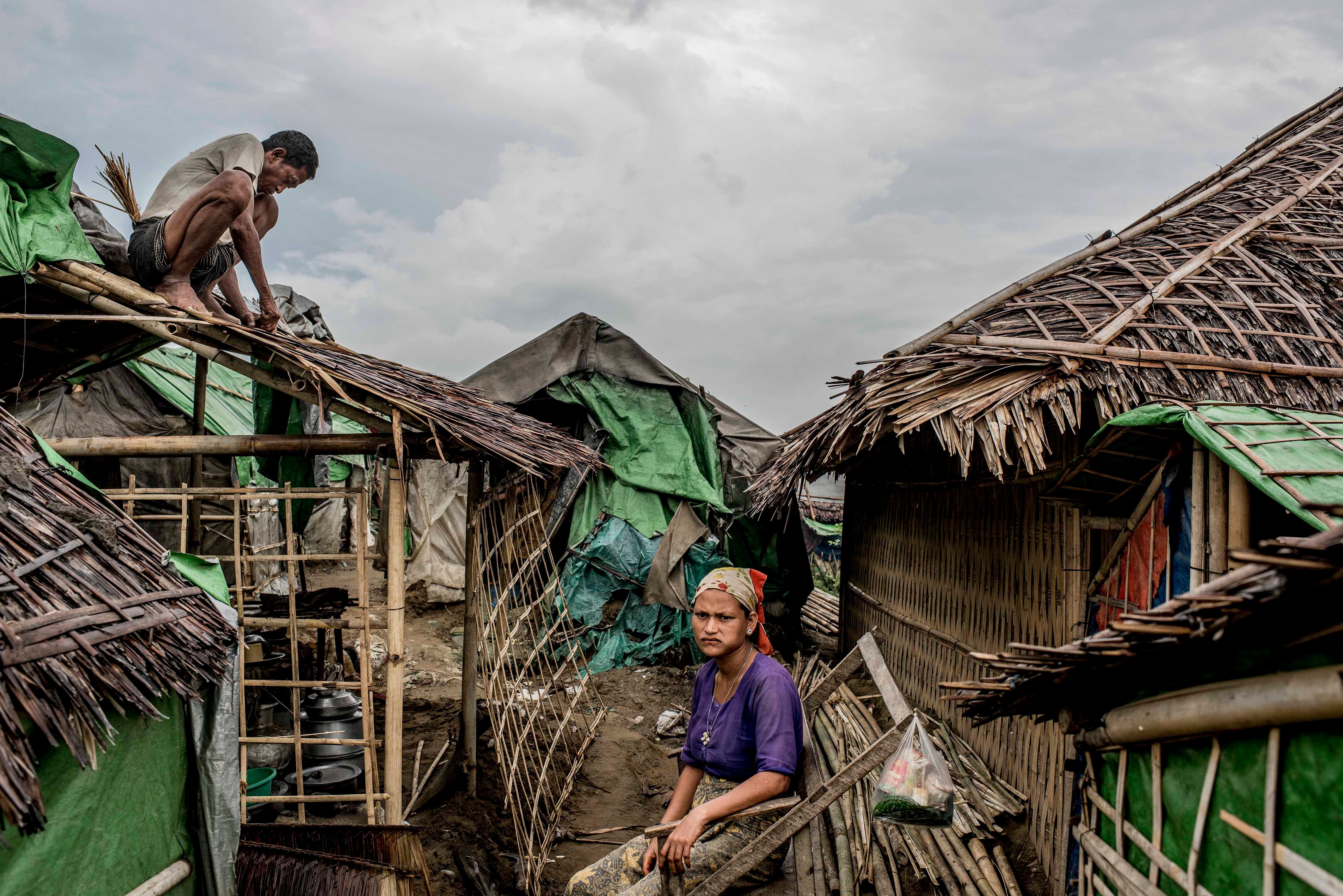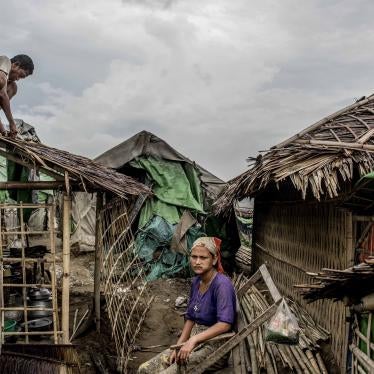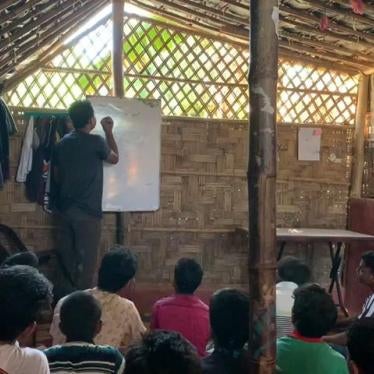(Bangkok) – The Myanmar authorities have detained over 135,000 Rohingya and Kaman Muslims arbitrarily and indefinitely in Rakhine State for a decade, Human Rights Watch said in a web feature released today. Drawing on interviews with Rohingya and humanitarian workers from 2012 to the present, Human Rights Watch documents how the authorities have capitalized on the ethnic cleansing campaign launched in June 2012 to segregate and confine a population they had long sought to remove from daily life in the predominantly Buddhist country.
Through individual accounts, images, and video, “‘Nothing Called Freedom’: A Decade of Detention for Rohingya in Myanmar’s Rakhine State” illustrates the Myanmar authorities’ crimes against humanity of apartheid, persecution, and imprisonment that have deprived Rohingya of their liberty and threatened their lives and livelihoods.
“The Myanmar junta’s unyielding oppression of the Rohingya people is the foreseeable result of the military facing no consequences for its decade of ethnic cleansing and system of apartheid,” said Shayna Bauchner, Asia researcher at Human Rights Watch. “Concerned governments should now be doing what they should have done in 2012 – pursuing all avenues to hold Myanmar officials accountable for their grave crimes and delivering justice to the victims of their abuses.”
Following the June 2012 violence, township and border guard officials began forcing Rohingya to move to camps that were soon sealed off with barbed wire fencing and military checkpoints. Severe constraints on movement, livelihoods, and access to humanitarian aid and health care have only worsened over the past decade, compounded by inhuman living conditions. Accounts from the camps and humanitarian agency documents reveal a growing tally of preventable deaths.
The 2012 violence and resulting displacement coincided with Myanmar’s nascent transition to democratic civilian rule. Increased oppression in both policy and practice inflamed anti-Muslim sentiment throughout the country, which laid the groundwork for the more brutal and organized military atrocities of 2016 and 2017. Foreign governments, rather than seeking to hold accountable those responsible for the violence and ensuing apartheid state, began lifting sanctions and positioning themselves for the country’s political and economic opening-up.
Instead, in February 2021, the security forces staged a coup and detained the country’s civilian leaders, thrusting Myanmar back under military rule. The junta has responded to broad-based opposition with a brutal nationwide crackdown that reflects the tactics long employed in Rakhine State.
The coup has brought new movement restrictions and aid blockages to the Rohingya camps. Rising tensions and fighting in Rakhine State between the Myanmar military and the ethnic-Rakhine Arakan Army have left the Rohingya caught in the middle.
The United Nations Human Rights Council and UN member states, at the June 15, 2022 panel discussion and in the proposed resolution on the Rohingya, should advance a strategy for accountability in Myanmar that dismantles the military’s longstanding impunity for grave abuses.
“A decade is a grim milestone for the 135,000 Rohingya detained in Myanmar’s camps whose accounts of deprivation receive scarce international attention,” Bauchner said. “Sharing these stories and images is a way to remind governments of the staggering human cost of apartheid and persecution.”









